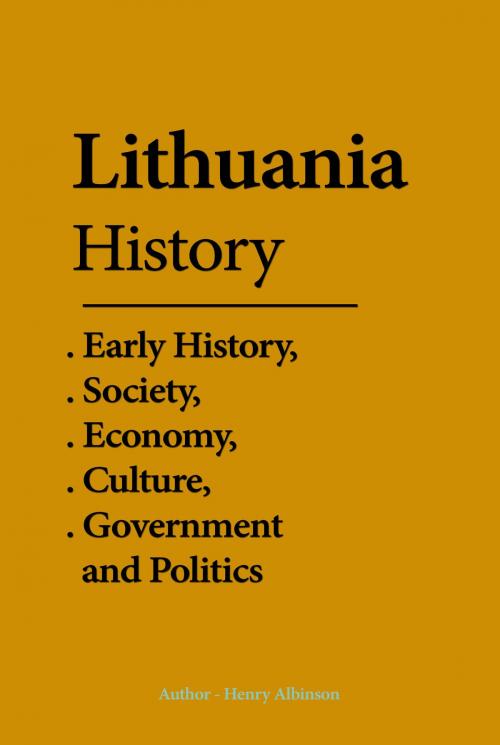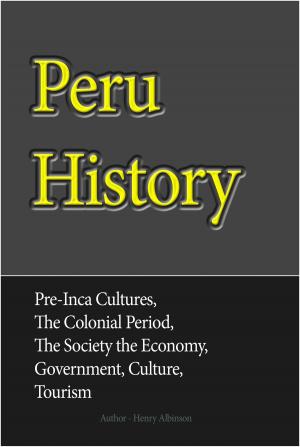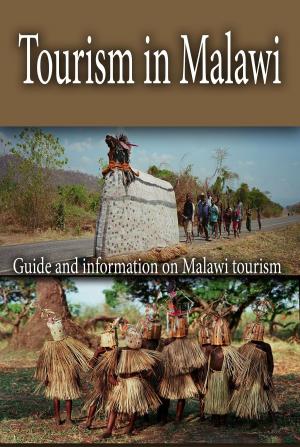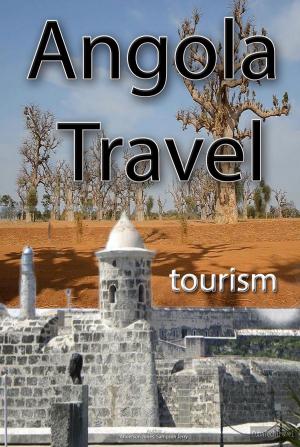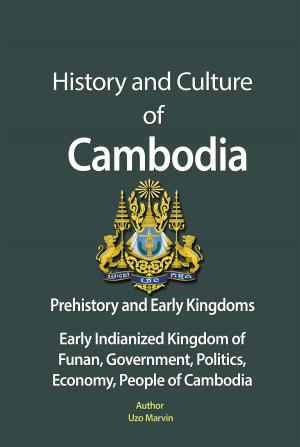Lithuania History
Nonfiction, History, Asian, Former Soviet Republics, Fiction & Literature, Action Suspense| Author: | Henry Albinson | ISBN: | 9781310768019 |
| Publisher: | Sonit Education Academy | Publication: | June 25, 2016 |
| Imprint: | Smashwords Edition | Language: | English |
| Author: | Henry Albinson |
| ISBN: | 9781310768019 |
| Publisher: | Sonit Education Academy |
| Publication: | June 25, 2016 |
| Imprint: | Smashwords Edition |
| Language: | English |
Lithuanian history book, information on Lithuanian environmental system, Lithuanian existence route, Lithuanian politics, Lithuanian culture, Lithuanian people, Lithuanian travel guide,
Traditions of Lithuanian statehood date from the early middle Ages. As a nation, Lithuania emerged about 1230 under the leadership of Duke Mindaugas. He united Lithuanian tribes to defend themselves against attacks by the Teutonic Knights, who had conquered the kindred tribes of Prussia and also parts of present-day Latvia. In 1251 Mindaugas accepted Latin Christianity, and in 1253 he became king. But his nobles disagreed with his policy of coexistence with the Teutonic Knights and with his search for access to Western Europe. Mindaugas was killed, the monarchy was discontinued, and the country reverted to paganism. His successors looked for expansion toward the Slavic East. At that early stage of development, Lithuania had to face the historically recurring question dictated by its geopolitical position--whether to join western or Eastern Europe
Lithuanian history book, information on Lithuanian environmental system, Lithuanian existence route, Lithuanian politics, Lithuanian culture, Lithuanian people, Lithuanian travel guide,
Traditions of Lithuanian statehood date from the early middle Ages. As a nation, Lithuania emerged about 1230 under the leadership of Duke Mindaugas. He united Lithuanian tribes to defend themselves against attacks by the Teutonic Knights, who had conquered the kindred tribes of Prussia and also parts of present-day Latvia. In 1251 Mindaugas accepted Latin Christianity, and in 1253 he became king. But his nobles disagreed with his policy of coexistence with the Teutonic Knights and with his search for access to Western Europe. Mindaugas was killed, the monarchy was discontinued, and the country reverted to paganism. His successors looked for expansion toward the Slavic East. At that early stage of development, Lithuania had to face the historically recurring question dictated by its geopolitical position--whether to join western or Eastern Europe
